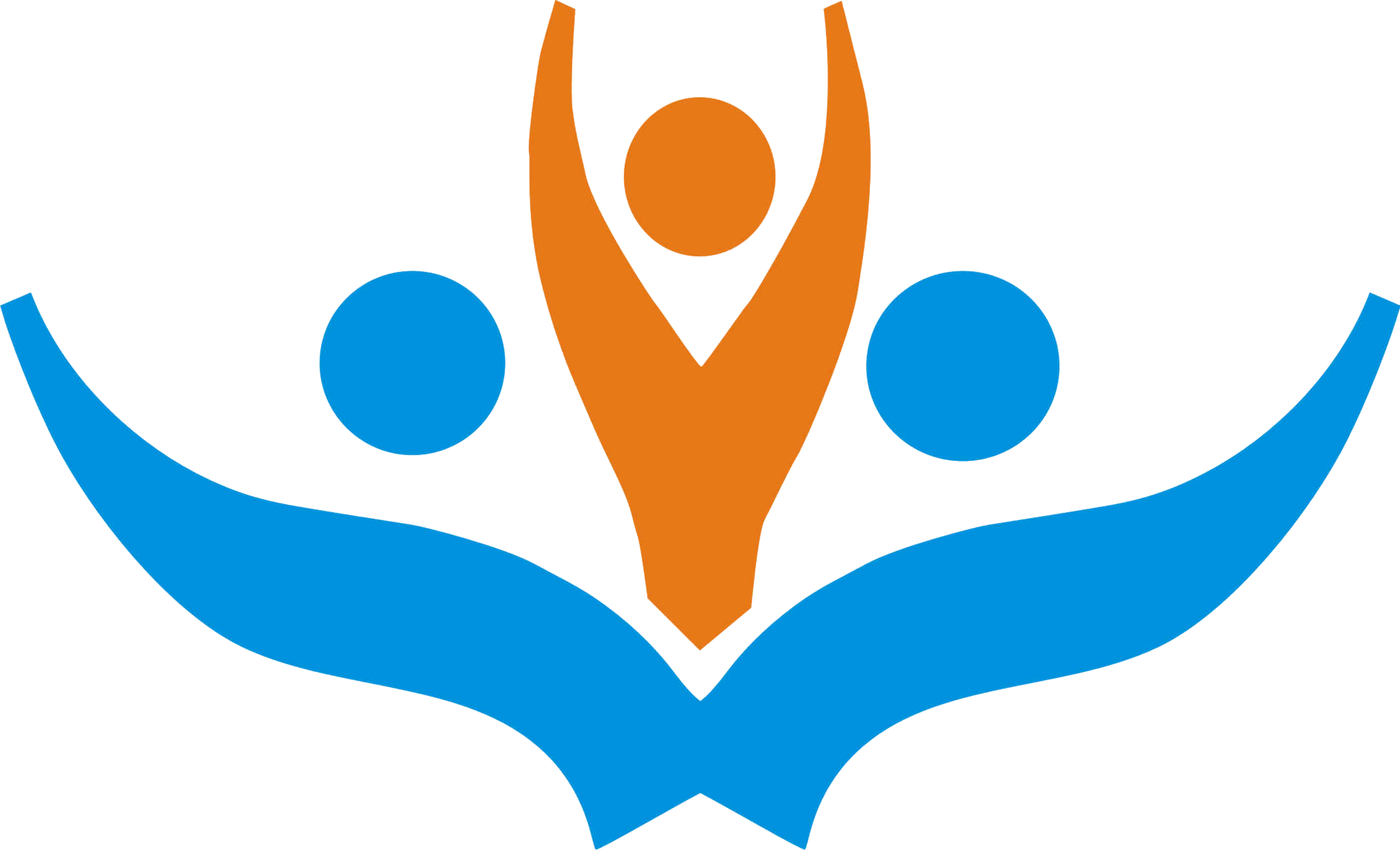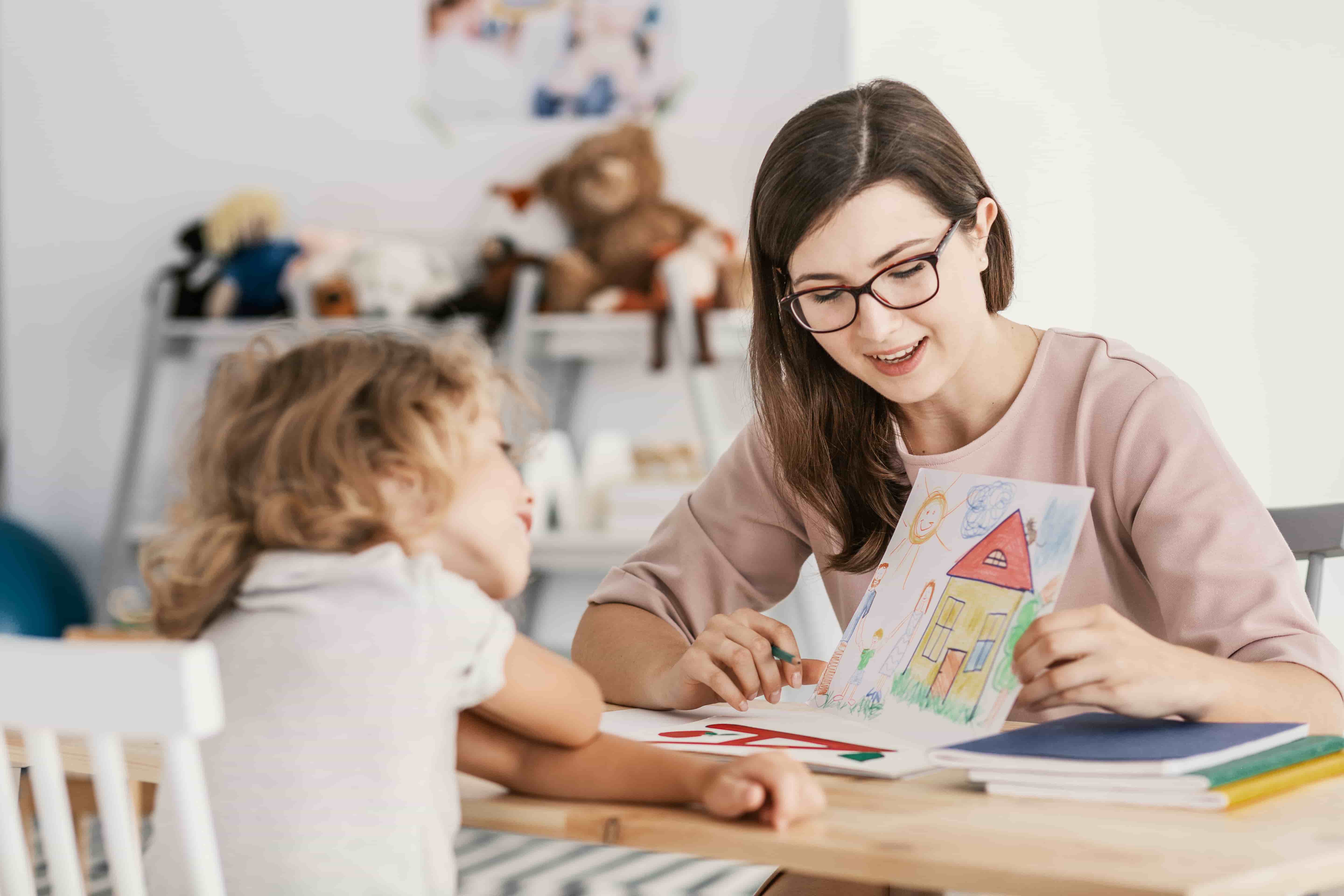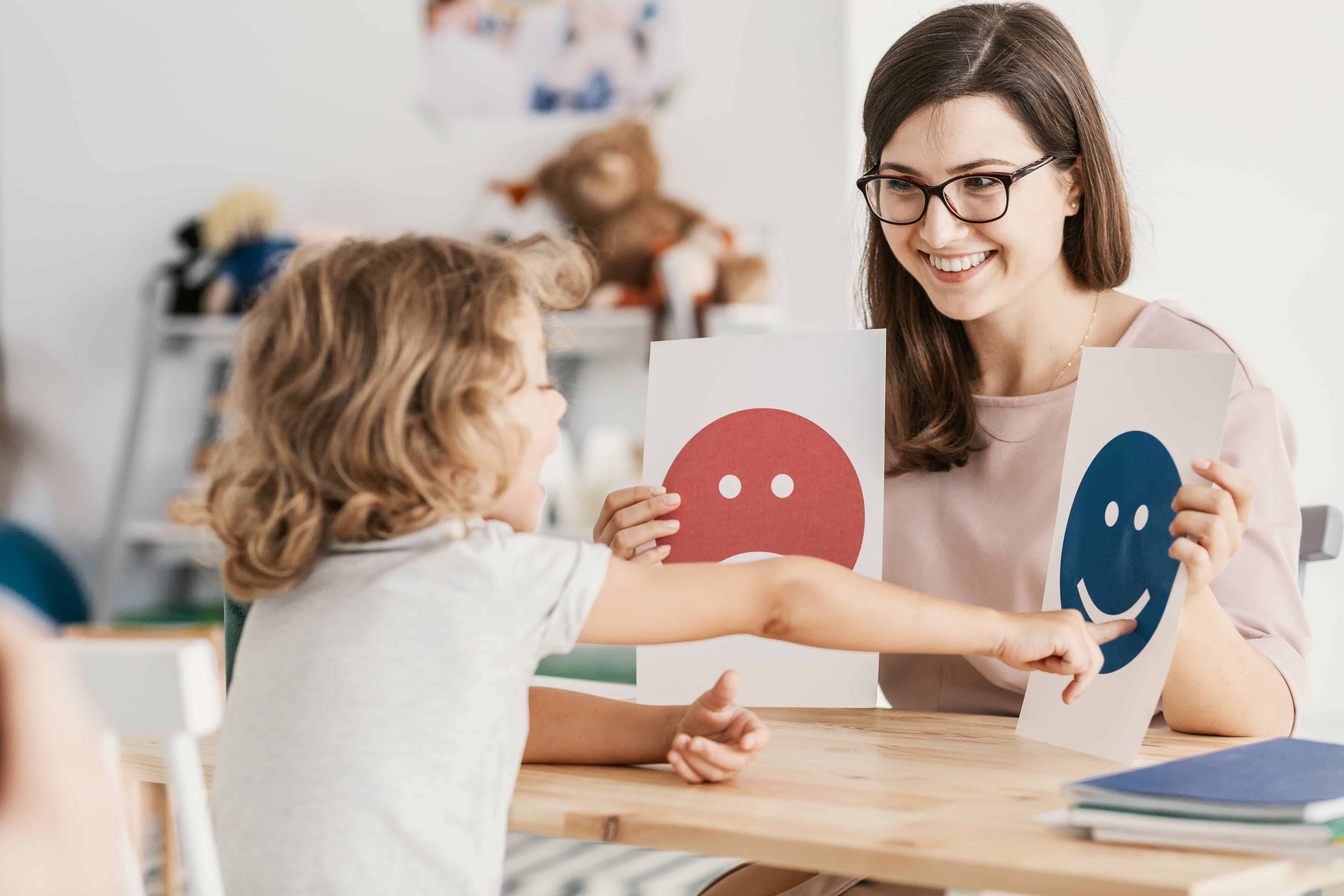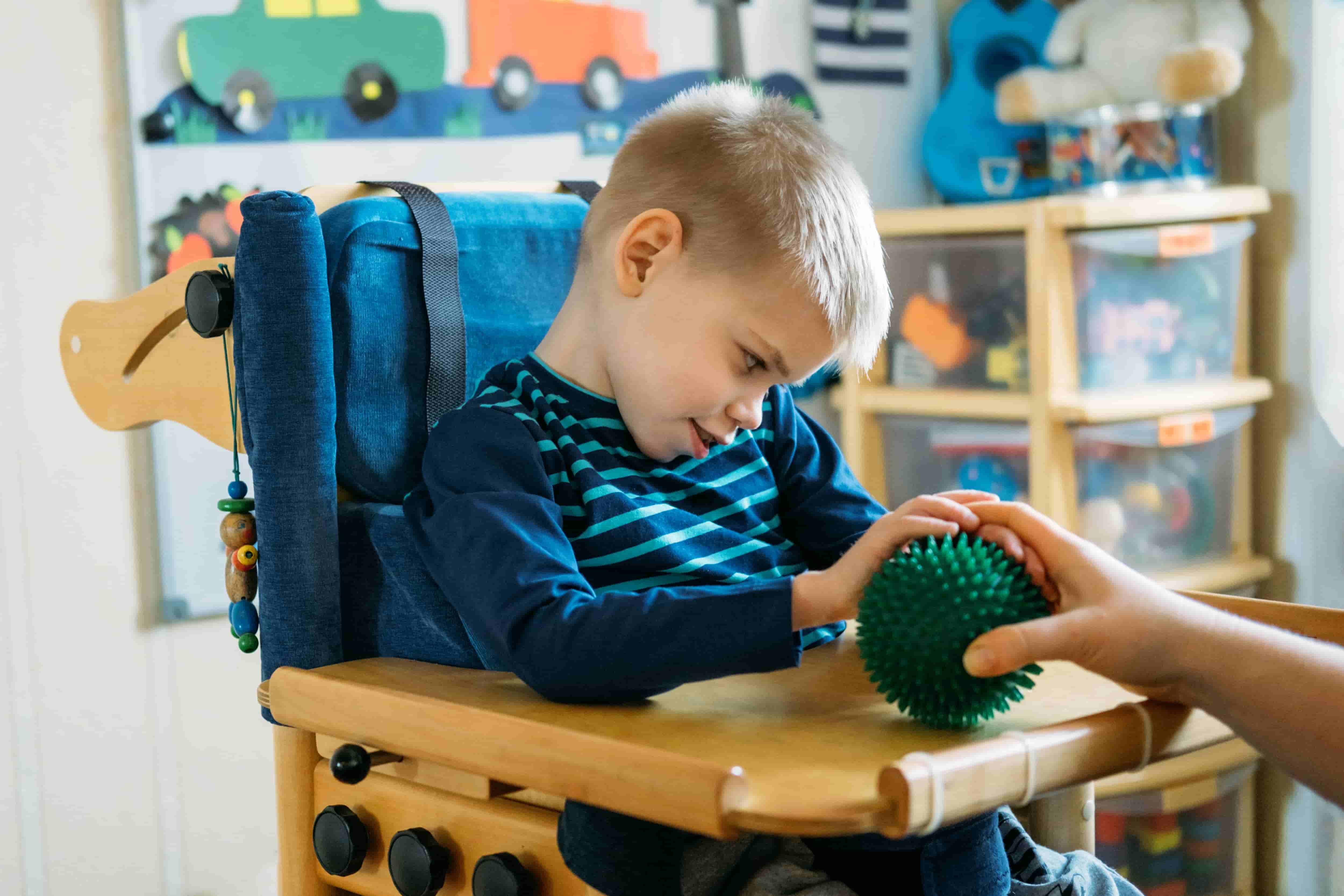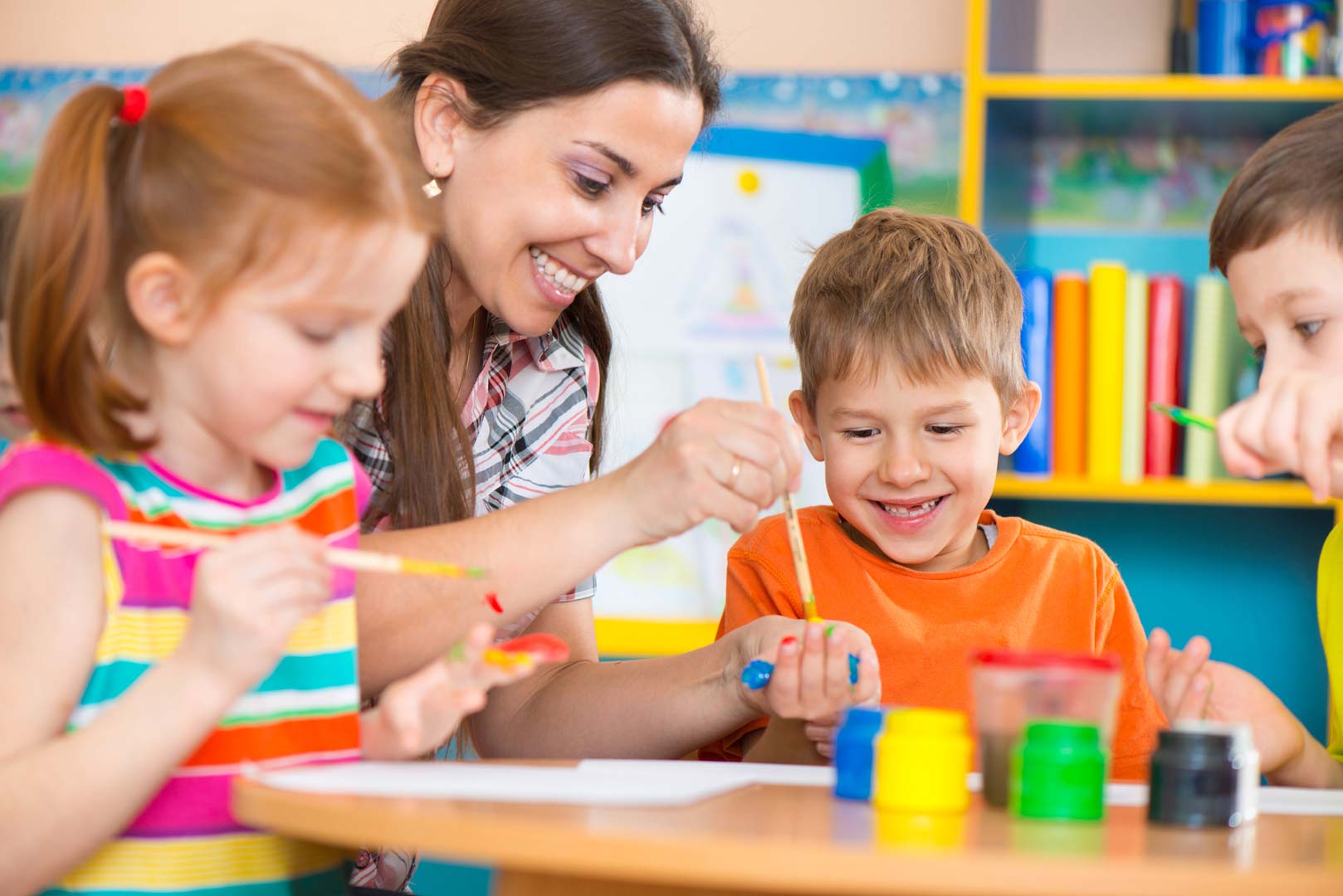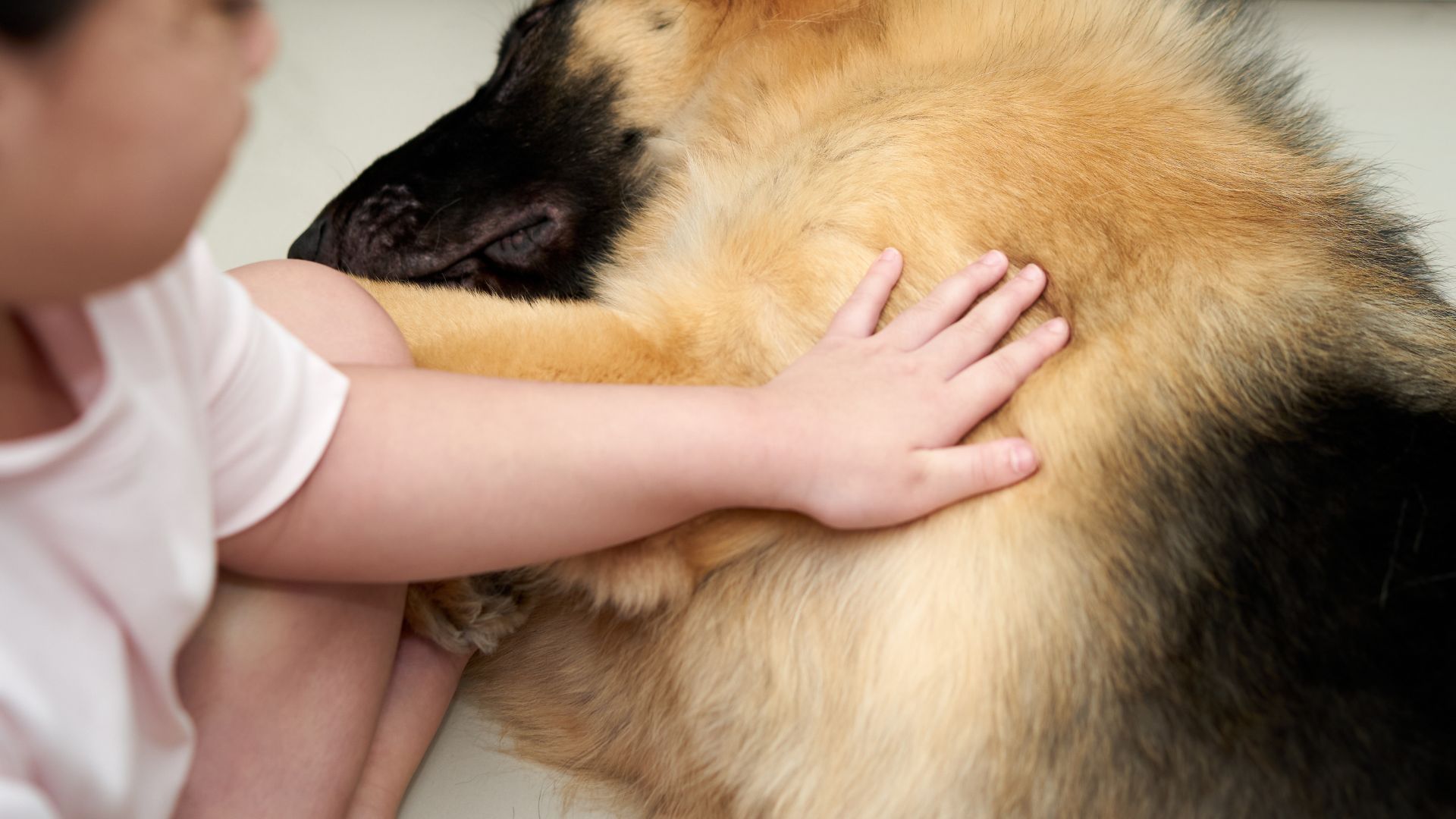
How Pets Help in Bringing Health & Happiness for Disabled People
Having pets as companions is a concept that has been around for a long time. Did you know they are particularly useful to individuals with disabilities as well? Besides the fact that you call them a companion, they can also make your day to day activities and life significantly simpler.
There’s no denying that having a pet accompanies challenges and can sometimes prove to be maddening, however it has a plethora of benefits too. Studies show that cats and dogs help increase their owner’s health and wellbeing, as well as accelerate the probability of being happy and successful.
Pets are good companions, especially to those who would be alone. Loneliness can affect anybody, from the old, single parents, youngsters, to those with disabilities. While studies observed that there is no distinction in loneliness between pet owners and non-owners, the companionship a pet offers is priceless.
Having a disability can affect your daily life, harming your pulse, communication and causing depression. Nonetheless, a furry buddy such as a cat or dog can help to reverse the adverse consequences.
Pets can be exceptional companions for children and adults with disabilities, and they can do a lot more, assisting with physical and emotional development. They are also an important learning tool and sensory guide. Possessing a pet emphatically impacts two fundamental aspects of life, temperament and wellbeing, which implies that pets influence the body in terms of increasing rates of depression, hypertension and cholesterol levels.
Let’s explore some of the different kinds of pets that can benefit people with disabilities:
1. Dogs – Perhaps the most popular of the assistance animals, dogs assist in guiding people who are visually impaired or have restricted vision to find their way through the house or town, identify potential risks and safely assist their controller with his or her daily life. Dogs also identify different noises such as doorbells, smoke alarms, telephones, or alarm clocks and work by alerting their owner through physical contact that something may require their attention.
Dogs can assist people with physical disabilities, autism, mental illness, by completing tasks like opening and shutting doors, turning the lights off, or making a noise that attention is required in some form.
2. Cats – For children with autism, studies have found that when cats are present, they can experience less anxiety. Part of this lies in the way that cats are non-judgmental, accept us for the way we are and foster unconditional love. Children are also less likely to come out of social situations when their companion cat is with them. For adults with autism, apart from providing similar benefits, cats can sometimes help them in situations of anxiety and calm them considerably.
3. Therapeutic Horse Riding – This is another way of these furry buddies which is designed for individuals with disabilities like muscular dystrophy, multiple sclerosis, cerebral palsy and others with a diminished motor function. This has been shown to assist in improved balance, posture and mobility over time, apart from providing emotional benefits.
Acknowledgement of that special pet magic goes back nearly 200 years. In the late 19th century, Florence Nightingale noticed that the companionship of small pets helped to reduce anxiety in both adults and children who were suffering from psychiatric disorders. She went on to write in her ‘Notes on Nursing’ that pets helped her patients to recover.
For many, their pets are contemplated as a part of their family and play a uniform role in their everyday life. The connection between animals and humans is accelerating as the years go on and many are opting to buy or adapt a furry buddy. There are proven health benefits of having these pet companions around, which includes diminished stress and increased sense of unity and happiness within the family environment.
Chetna Foundation provides tailored care and support for children and adults with disabilities to reach their potential through specialist therapy programs by qualified therapists.
| Tweet |
